Advancing Health Equity in Maternal Health Symposium, Medical College of Georgia
Category : News/Events
The 2nd Annual Medical College of Georgia Advancing Health Equity in Maternal Health Symposium is an educational, community-focused conference to be held on Friday, March 13, 2026, at the J. Harold Harrison, MD Education Commons, Medical College of Georgia, Augusta, GA from 10 AM to 3 PM. The conference is dedicated to addressing maternal health disparities, health equity efforts, and community initiatives to improve maternal health outcomes in the CSRA, Georgia, and beyond. The Symposium will host several expert speaker sessions, including topics ranging from preeclampsia to public health approaches in maternal health, as well as community member booths, student poster presentations, networking, and more.
What: MCG Advancing Health Equity in Maternal Health Symposium
Where: J. Harold Harrison, MD Education Commons, Medical College of Georgia, Augusta, GA.
When: Friday, 03/13/2026, 10 AM – 3 PM
Who: Clinicians, interprofessional healthcare providers, faculty, students & community members!
Interested students from undergraduate and graduate programs alike are invited to submit an abstract for poster presentation here: https://docs.google.com/forms/d/e/1FAIpQLSdIAjvugx8pPy0DgRYqMtu58g2wjOoUQWnyUP-47yAT-IhSvw/viewform
Registration Link: https://forms.office.com/pages/responsepage.aspx?id=a6yDh1vQkkK0g-ZfH9_ukR_FZoyjHZBCroV6qWdf49BUMjRVVTFZVTM4MVlLQlRSUk0xVUtLUDIyMC4u&route=shorturl
Conference Website: https://www.augusta.edu/mcg/mcg-symposiums/.
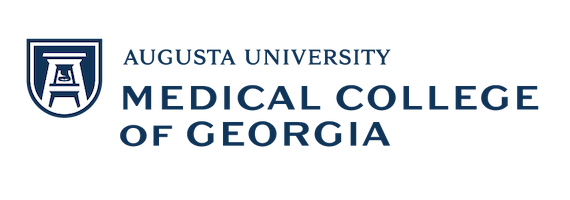
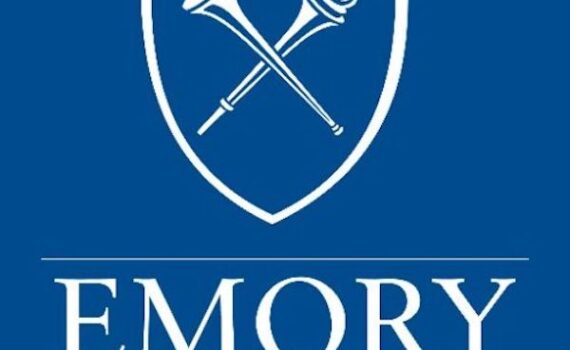
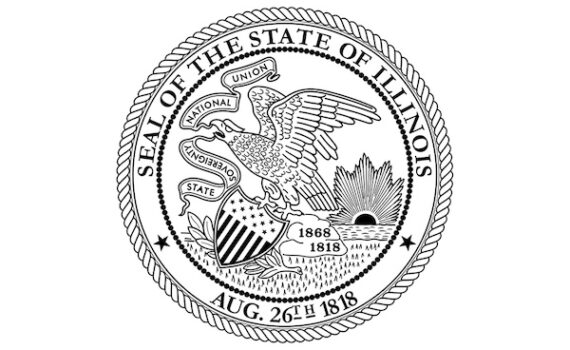
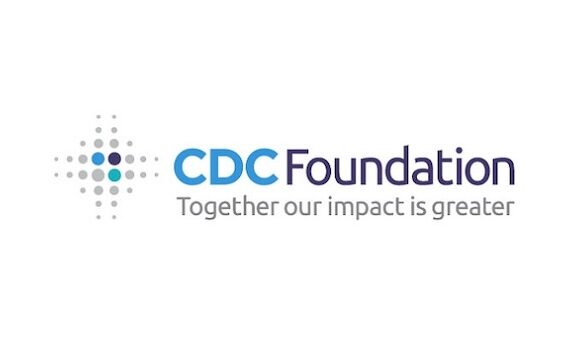
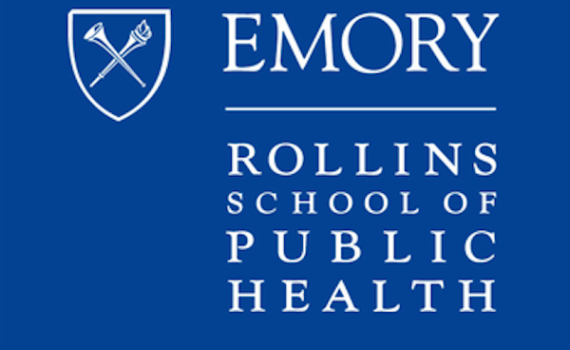
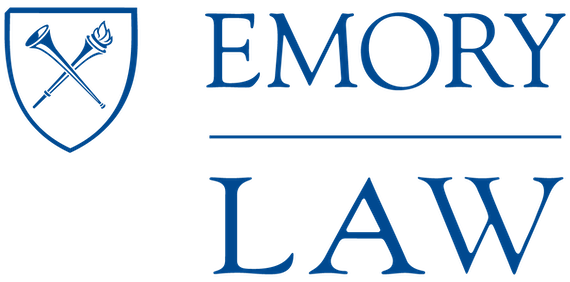
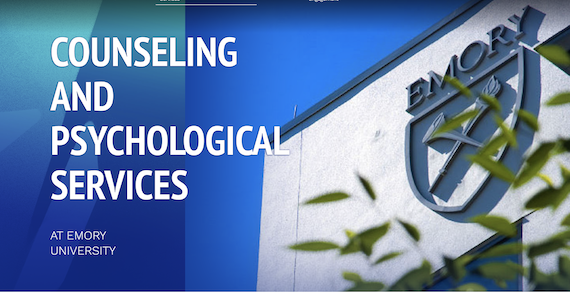
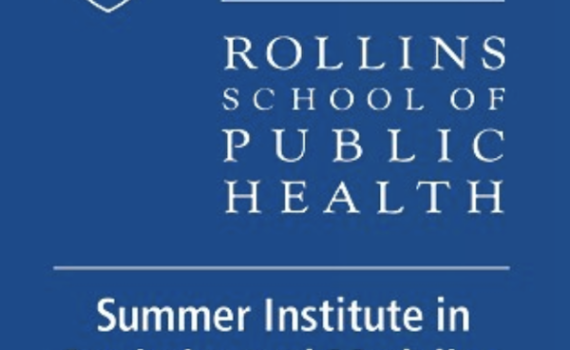
Recent Comments